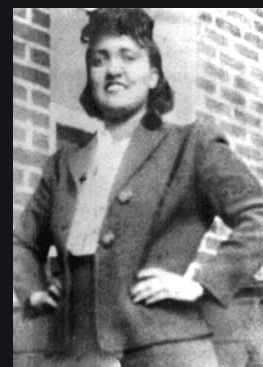The Story of Henrietta Lacks - and her Immortal Cells
 |
the disease. They gave some of that tissue to a researcher without Lacks’s knowledge or consent.
In the laboratory, her cells turned out to have an extraordinary capacity to survive and reproduce; they were, in essence, immortal. The researcher shared them widely with other scientists, and they became a workhorse of biological research. Today, work done with HeLa cells underpins much of modern medicine; they have been involved in key discoveries in many fields, including cancer, immunology and infectious disease. One of their most recent applications has been in research for vaccines against COVID-19.
This is a tale of a poor black tobacco farmer who never consented to having her tissues taken but whose cancer cells have proved so important they have formed the foundation for work leading to two Nobel prizes.
The cells taken from her have been used in experiments all over the world and even in space. HeLa cells have helped make hundred of millions of profits for companies all over the world and been used for medical breakthrough after breakthrough. They have been used to develop the polio vaccine and in vitro fertilisation and even cloning.
Yet Lacks's family never knew about it – even as the cells were used around the world in research, or when they themselves were asked for blood samples two decades later.
None of the biotechnology or other companies that profited from her cells passed any money back to her family.


